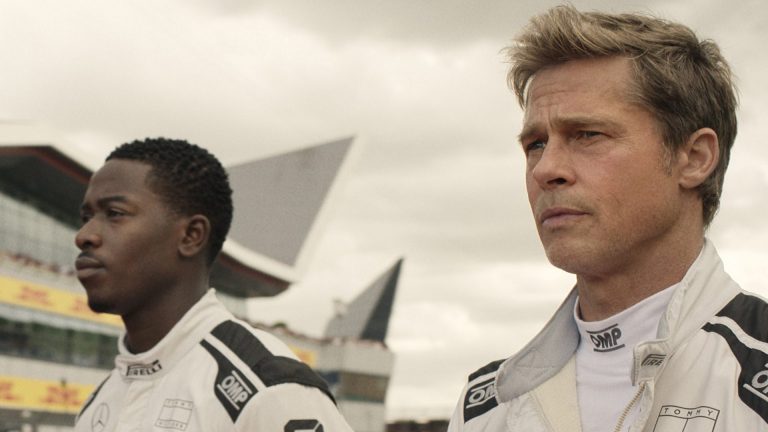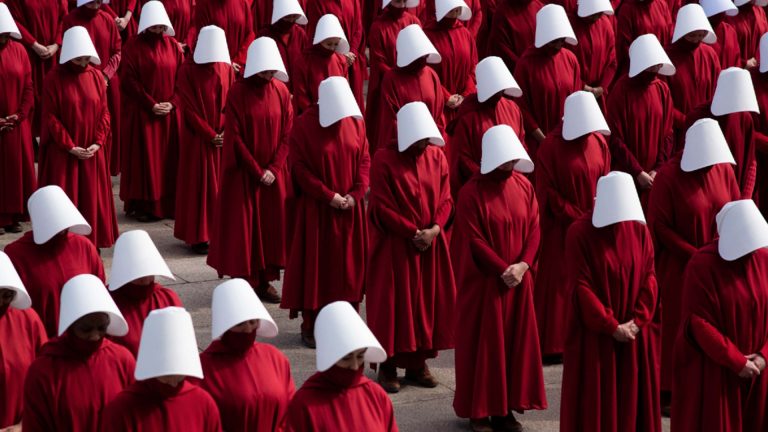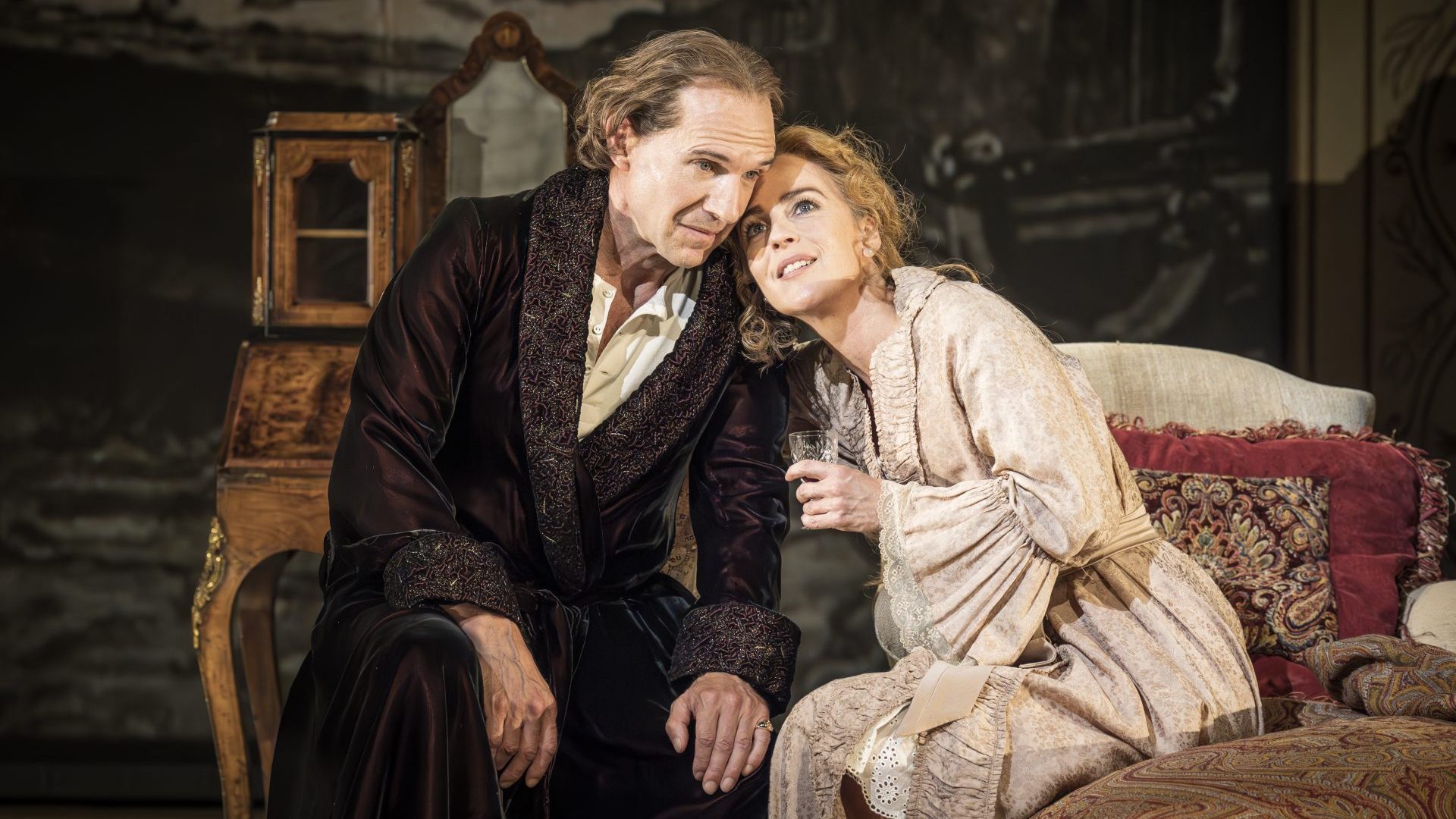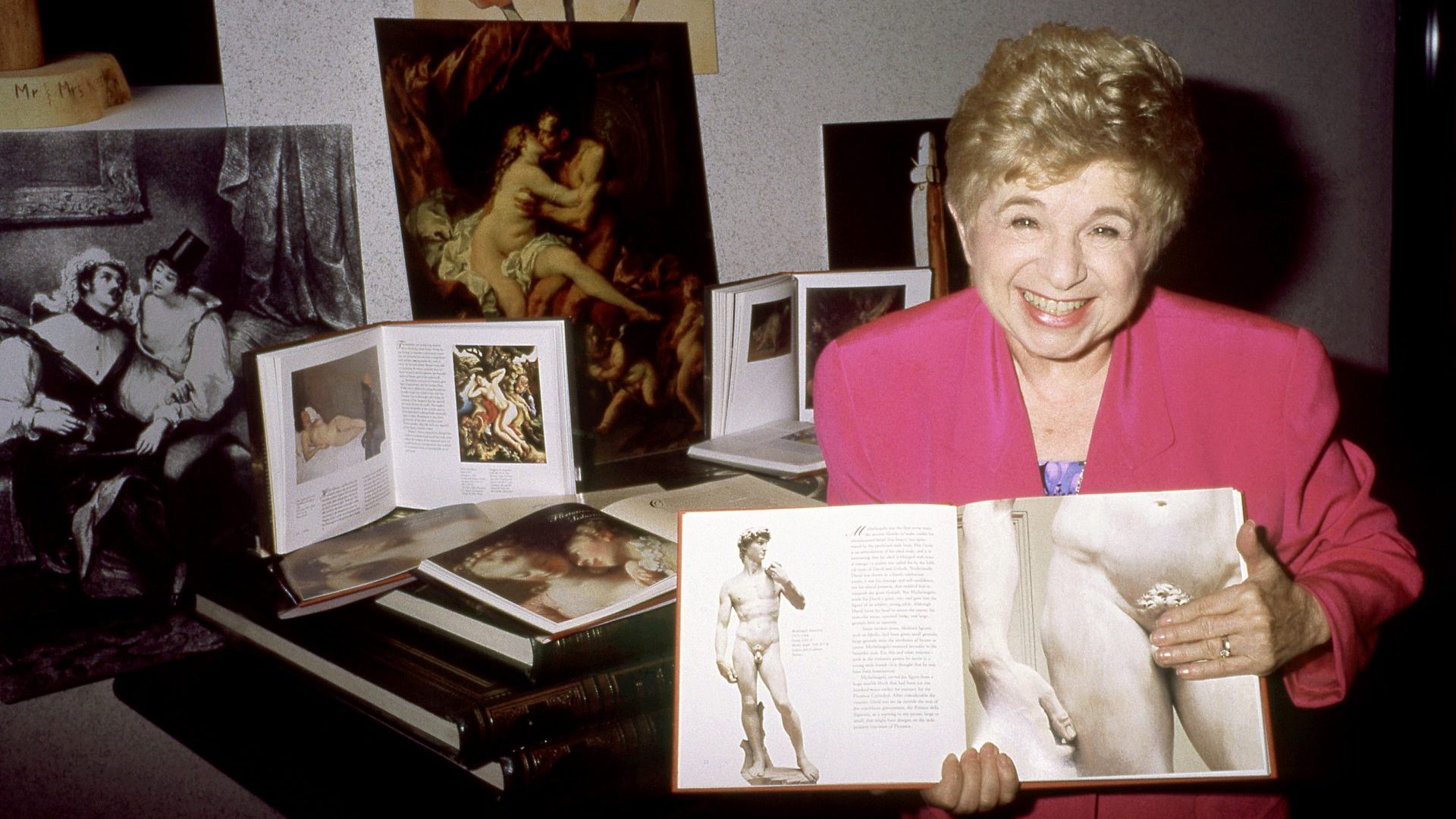Grace Pervades (Theatre Royal Bath, until July 19)
Was the relationship between the late Victorian actor Henry Irving (Ralph Fiennes) and his leading lady for many years at The Lyceum Theatre, Ellen Terry (Miranda Raison), a grand romance? So close were the two legendary performers that biographers and historians have squabbled over this specific question for generations.
Yet, in David Hare’s compelling new play, directed by Jeremy Herrin, the bond between the two is deftly and imaginatively framed not primarily as a love story but as a decades-long dialogue about the nature of art, fulfilment and sacrifice.
Fiennes is brilliant as the lean, cadaverous actor-manager – said to have partly inspired the features of Dracula as imagined by Bram Stoker, his personal assistant and manager of the Lyceum. His life’s work, he tells Terry, is “[t]o make theatre respectable. Respectability is power, and the theatre needs power… So we survive, so we can build, so we can impose”.
She sees matters quite otherwise: “To you, the theatre is everything, Henry. To me, it’s nothing, I’d rather be a successful human being”. Irving favours the depth of tragedy. Terry counters that “[t]ragedy is for people who don’t understand life and need it explained to them. Comedy is for those who already know”. Raison brings to the role precisely the profound humanity and grace to which the dramatist Charles Reade referred in a homage that gives the play its title.
More ambitious still are the respective elaborations on the same theme offered by Terry’s two children born out of wedlock, Edward “Teddy” Gordon Craig (Jordan Metcalfe) and Edith Craig (Ruby Ashbourne Serkis), both of whom followed their mother into the theatre.
Though he idolised Irving, Teddy was an unabashed modernist and iconoclast, whose book On the Art of the Theatre (1911) remains one of the founding texts of modern dramatic theory and practice. In one especially comic scene, he is staging Hamlet in Moscow and driving Konstantin Stanislavski (Guy Paul) to distraction with his capricious demands (“You’re a funny man”).
Edith, meanwhile, is less distracted and peripatetic then her brother, settled in a lesbian ménage a trois with Clare “Tony” Atwood (Kathryn Wilder) and Christabel Marshall (Helena Lymbery); and devoted to the cause of women’s suffrage and feminism in her company, the Pioneer Players – which, Joan Littlewood later acknowledged, boldly foreshadowed the theatrical radicalism of the 1950s and 1960s.
As always with Hare’s writing, the play is much more than a vehicle for ideas; beneath the meditations upon art pulse deep emotions, human foibles and inevitable disappointments. Grace Pervades is not only admirably cerebral but profoundly moving.
The production is the first in a season curated by Fiennes at the Theatre Royal, to be followed by As You Like It, Rebecca Lenkiewicz’s new play Small Hotel and performances by Patti Smith and Kae Tempest.
Jurassic World Rebirth (general release)
After the dire Jurassic World Dominion (2022), the sixth instalment of the blockbuster franchise launched by Steven Spielberg in 1993, I thought cinematic extinction beckoned. So Gareth Edwards’ movie is a pleasant surprise: a back-to-basics dinosaur adventure, set on a remote island, that recovers much of what made the original so thrilling 32 years ago.
Leaning into the problem of audience fatigue, the screenplay by David Koepp (who wrote the first two movies) ditches the portentousness of the second trilogy and takes as its premise the radical reduction of the global dinosaur population by climate change and disease: most of the surviving beasts have clustered around the equator, in an internationally enforced no-go zone. In an early scene, New Yorkers are bored and exasperated by an escaped and sickly sauropod blocking the traffic: the same species that left Sam Neil, Jeff Goldblum and Laura Dern speechless in the original movie’s first big reveal.
To get the adrenaline pumping again, Jurassic World Rebirth is framed as a covert op masterminded by devious Big Pharma executive Martin Krebs (Rupert Friend) who is after the DNA of three dinosaurs that will enable his company to make “trillions” from a heart disease cure. To which end, he recruits special ops contractor Zora Bennett (Scarlett Johansson), her former MARSOC (Marine Forces Special Operations Command) comrade Duncan Kincaid (Mahershala Ali) and palaeontologist Henry Loomis (Jonathan Bailey) as they head off to the (fictional) Île Saint-Hubert near French Guinea.
Suggested Reading


F1 will have you on the edge of your seat
The sheer star quality of the lead actors is a good start, and Edwards gives them plenty to do in what amounts to a homage to Spielberg’s greatest hits. The first act essentially reprises Jaws (1975), but with huge marine reptiles rather than a great white shark; and there are callbacks to Raiders of the Lost Ark (1981) and even E.T. the Extra-Terrestrial (1982).
No less Spielbergian is the obligatory Foolish Family in Peril, in this case on a seriously ill-advised sailing trip: Reuben Delgado (Manuel Garcia-Rulfo), his daughters Teresa (Luna Blaise) and Isabella (Audrina Miranda) and Teresa’s stoner boyfriend Xavier (David Iacono). Their Mayday complicates the mission led by Bennett and infuriates Krebs.
Edwards delights in delivering a genre mash-up: part sci-fi, part Pirates of the Anthropocene. There are nods to the Alien and Predator movies and to the much older spirit of the matinée popcorn movie.
In one particularly well-observed scene, it is left to Bailey (so good as Richard II in a recent Bridge Theatre production) to recover the original awe of human beings encountering dinosaurs in the wild for the first time. At this all-important moment, the franchise restores the enchantment that has made it a $6bn phenomenon. Back from the dead – again.
The Handmaid’s Tale (Channel 4)
Eight years after its premiere episode, the 66th and final instalment of this triumphant adaptation of Margaret Atwood’s classic 1985 novel draws to a close the story of June Osborne (Elisabeth Moss) and her fight against the theocratic patriarchy of “Gilead”.
In the early months of Donald Trump’s first presidency, the idea of America yielding to the misogynistic ambitions of the fundamentalist Christian right still counted as “speculative fiction”. No longer. Often, The Handmaid’s Tale has acted as a razor-sharp commentary upon the bleak cultural and political trajectory of the real world.
After the explosive penultimate episode – the details of which I shall not spoil – there are still many questions to answer. Will June find her daughter Hannah? What will become of her former tormentor Serena Waterford (Yvonne Strahovski) and of Aunt Lydia (Ann Dowd)? Will Gilead fall?
Suggested Reading


Welcome home to Gilead
“Frauds, all of you,” said June to High Commander Gabriel Wharton (Josh Charles) last week. “It’s never been about piety. It’s always been about power.” And this is one of many reasons why the series was so compelling: it chronicled the terrible lengths to which men will go to control the world.
Naturally, there are surprises in this closing chapter, as befits a grand finale, but the showrunners also craft a beautiful symmetry that will please devotees of the original novel. I shall miss this outstanding drama, but am looking forward to the forthcoming adaptation, by the same team, of Atwood’s Booker Prize-winning sequel, The Testaments (2019).
Hearts of Darkness: A Filmmaker’s Apocalypse
(selected cinemas; collector’s edition Blu-ray July 28)
“It’s scary to watch someone you love go into the centre of himself and confront his fears: fear of failure, fear of death, fear of going insane.” So says Eleanor Coppola, who died last year aged 87, of her director husband Francis, in this classic 1991 documentary about a classic film, newly restored in 4K.
In 1976, determined to meet the challenge that had defeated Orson Welles – turning Joseph Conrad’s Heart of Darkness (1899) into a movie – the king of the Hollywood new wave flew his family, cast and crew to the Philippines with a budget of $13m, using his personal assets as collateral. In the end, he would deliver a masterpiece, which won the Palmes d’Or at Cannes in 1979 and is routinely included in lists of the greatest movies of all time. But, over 238 days of principal photography, he drove everyone, including himself, to the very edge.
Eleanor’s film, shot on 16mm, began as a modest publicity project to keep her occupied as Apocalypse Now was being made. But when Fax Bahr and George Hickenlooper got hold of her footage, and some audio tapes she had recorded of her husband ranting and raving – sometimes suicidal – they realised that the story of the movie’s creation was as unsettling and absorbing as the movie itself.
Life and art are always intertwined, but Coppola was not kidding when he said: “My film is not about Vietnam. It is Vietnam”. Having replaced Harvey Keitel with Martin Sheen as Willard, the Green Beret captain ordered to assassinate the insane Colonel Walter E. Kurtz (Marlon Brando), he drove Sheen to a complete breakdown, captured on film, that was followed by a major heart attack and the reading of the last rites.
As for Coppola himself, he admits that the combination of global acclaim for the first two Godfather movies and the unbelievable pressure to which he was now subject “did contribute to a state of mind that was like Kurtz”.
In Apocalypse Now, we see Kurtz’s Montagnard followers sacrifice a water buffalo. In the documentary, we see a real-life Ifugao priest presenting Coppola with the heart of a slaughtered beast – the most precious part of the kill. The partition between story and reality is now fully porous. In Brando’s unforgettable portrayal, Kurtz was, Coppola says, “struggling with the extremities of his soul”. But so was the director.
One of the many strengths of Hearts of Darkness is Eleanor’s admission that she was exhilarated as well as frightened by the terrible risks they were all taking. From the madness came the greatness; all that mattered was the art. Most directors would have quit – to which Coppola’s answer was: “How am I gonna quit from myself?” To be viewed in conjunction with Eleanor Coppola’s excellent memoir, Notes: On the Making of Apocalypse Now (1979) and Sam Wasson’s The Path to Paradise: A Francis Ford Coppola Story (2023).




